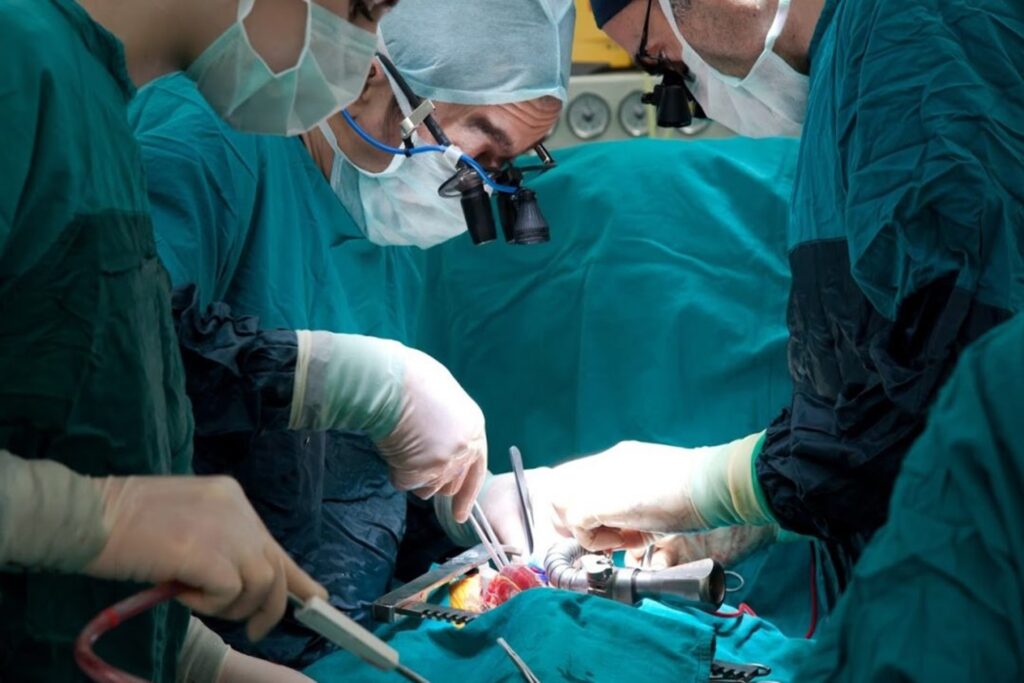
Overview:
Onco surgeries are specialized surgeries performed to treat various types of cancer. These surgeries aim to remove cancerous tumors or affected tissues from the body, often in conjunction with other treatment modalities such as chemotherapy or radiation therapy. Onco surgeries play a crucial role in the early detection and treatment of cancer, aiming to improve survival rates and quality of life for patients. Depending on the type of cancer, onco surgeries can vary in complexity and may include procedures such as tumor resection, lymph node dissection, or organ removal.
Causes:
Cancer occurs when abnormal cells grow uncontrollably, forming a mass or tumor. Factors that increase the risk of developing cancer include genetic predisposition, environmental factors (such as exposure to carcinogens), lifestyle habits (like smoking, poor diet, and alcohol consumption), and certain viral infections. Onco surgeries are performed when these tumors become malignant, spread, or threaten the function of vital organs.
Symptoms:
Symptoms indicating the need for onco surgery include the presence of a lump or mass, unexplained weight loss, persistent pain, bleeding, difficulty swallowing, changes in bowel or urinary habits, and unusual fatigue. In some cases, early-stage cancer may not show noticeable symptoms, making regular screenings and early diagnosis crucial.
Treatment:
Onco surgeries are often combined with other treatments such as chemotherapy, radiation therapy, and immunotherapy. The type of surgery performed depends on the type and location of the cancer, as well as the stage of the disease. Common onco surgeries include breast cancer surgery (e.g., mastectomy), colorectal cancer surgery (e.g., colectomy), prostate cancer surgery (e.g., prostatectomy), and lung cancer surgery (e.g., lobectomy or pneumonectomy). The goal of onco surgery is to remove as much cancerous tissue as possible, sometimes followed by reconstructive surgery if necessary.
Precautions:
Patients undergoing onco surgery must be closely monitored for any potential complications such as infection, blood clots, or organ dysfunction. Preoperative assessments, including blood tests and imaging, help ensure the patient is fit for surgery. Postoperative care includes pain management, wound care, and physical therapy. Following the surgery, patients may need to undergo further treatments, such as chemotherapy or radiation therapy, to target any remaining cancer cells.
Prevention:
While onco surgery is often necessary to treat cancer, maintaining a healthy lifestyle and regular screenings can reduce the risk of cancer development. This includes avoiding smoking, limiting alcohol intake, eating a balanced diet, maintaining a healthy weight, and exercising regularly. Vaccinations against certain cancer-causing viruses, such as HPV and hepatitis B, may also play a role in cancer prevention.
For expert onco surgical care, visit the KDM Hospital in Lucknow. The hospital offers advanced diagnostic services, comprehensive surgical options, post-operative care, and supportive treatments for cancer patients. It provides facilities such as 24/7 doctor availability, ambulance services, Ayushman card acceptance, and budget-friendly options to ensure accessible and effective cancer treatment.
